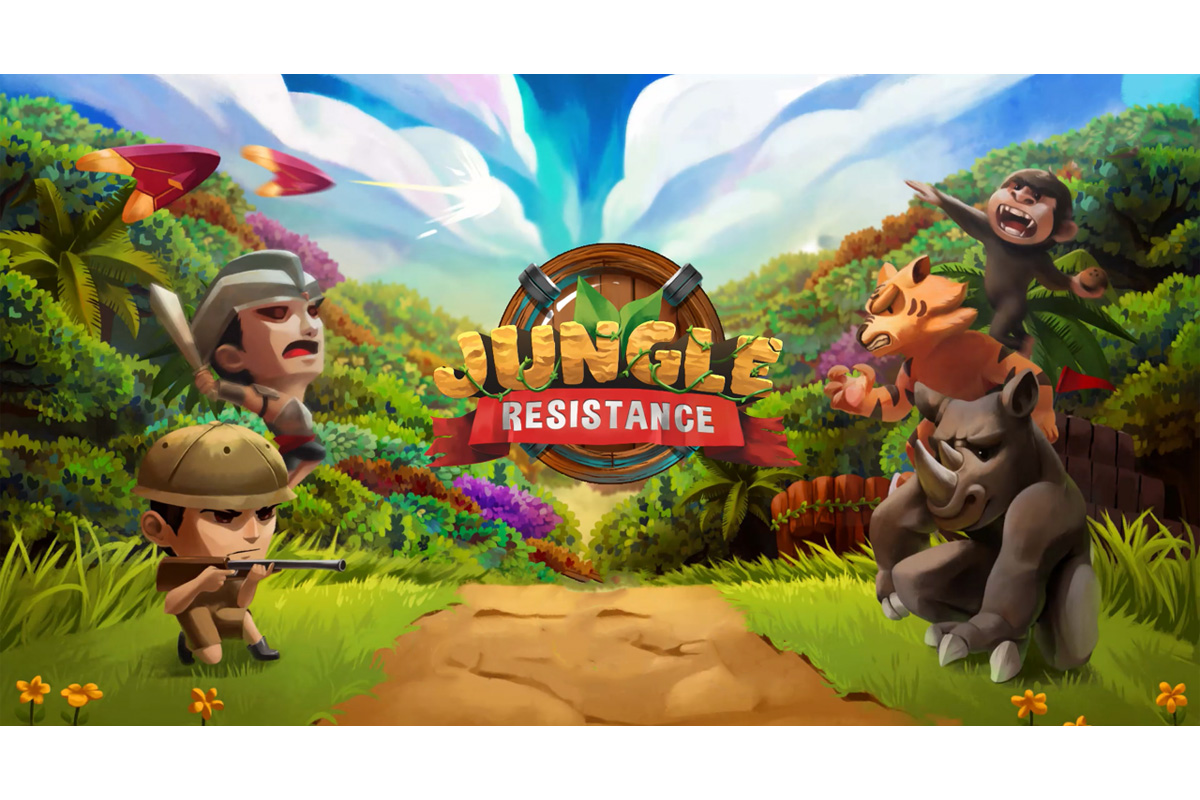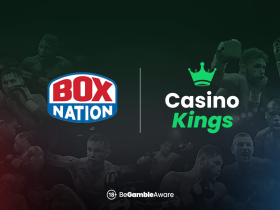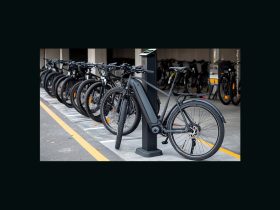Social media gets a bad rep on most blogs and news outlets. In particular, detractors of social media tend to focus on the detrimental effect that social media can have on our mental health.

While it is true that excessive use of social media can harm your mental wellbeing, recent research suggests concerns about social media and mental health may be misplaced and overstated.
In reality, social media has the potential to benefit your mental health. Sites like Facebook may help you feel connected to friends and family who live far away, and businesses like Hoame host virtual meditation through their apps and social channels. This is great news for those of us who love to scroll and see the social media glass as being half full.
Access to Information and Support
Early pioneers of social media championed its ability to help share important information and connect with folks from all around the world. For the most part, this dream has been made into a reality. Social media can help you gain access to important information about things like health conditions and research shows that seeking help on platforms like Facebook and Reddit can lead to greater social and emotional support.
Social media can be particularly beneficial if you live in an area with limited access to health resources or support groups. While uncertainty remains around the efficacy of mental health resources on social media, early findings suggest that social media can be leveraged to support your mental health if you live in a rural or underserved community. In time, social media may even help close the gap in access to healthcare and help get everyone the support they need.
Social media does have the potential to dispel healthcare hearsay. However, you’ve probably read enough about “fake news” to know that access to information and opinion isn’t always a good thing. The loudest voices are often amplified on social media, and nuance is often overlooked in favor of harmful and deceitful information. This makes distinguishing fact from fiction difficult, and half-truths spread on social media can be detrimental to your mental health.
To avoid being duped on social media, pay particular attention to the credibility of the information you are viewing. Trustworthy news outlets put their credentials at the forefront of their coverage and ensure that any claims about mental health are supported by unbiased research.
Creativity and Social Media
Social media is more than just a forum to spread information and gossip. At its core, social media is a creative space that allows people to forge new identities and express themselves in interesting ways.
Expressing yourself creatively is particularly important if you are struggling with a chronic health condition. By using social media to burn off some creative energy, you may be able to improve your self-esteem and help maintain your mental health.
Getting creative on social media is a little daunting at first. If it helps, consider starting a separate account that is solely dedicated to your creative practice. It’s easy to post content to Instagram or TikTok and you can use free video editing software to improve your content by narrating, overlaying text, or adding sound effects.
If you’re looking for feedback on creative projects, consider posting some of your work on Reddit pages. Subreddits like r/drawing, r/art, and r/writingprompts all allow beginners to post their creative content, and users give regular feedback to one another. Folks on Reddit will usually be supportive of your work and you’ll learn to ignore unnecessarily harsh critiques. Over time, you’ll find an online community that represents you and supports your mental health.
Representation and Learning
The internet has made the world a smaller place — and that’s a good thing. While you might nostalgically yearn for days of adventurers and explorers, social media has helped people from all corners of the world connect and come together.
But more than that, social media can also help you engage with your local community. This is important for your mental health, as feeling connected with those around you can help you feel safe and deepen your sense of home.
If you want to better connect with your local community, try using social media to plan a staycation. For example, you might use social media geotags to locate local events and organizations that share your values. Or, by searching for posts in your area on Instagram, you can find out about hidden gems in your own backyard.
The key is to treat social media as a platform for discovery. This will help you find new and interesting community-based events and activities that connect you to the place you call home.
Conclusion
Social media has the potential to help you create communities and express your creative side. You can also use social media to build support networks that help you get through life’s challenges. The key is to use social media responsibly by following reputable commentators and only spreading information that you know to be true.







Leave a Reply